Trimble Drones: Revolutionizing Construction with Aerial Technology
With Trimble's unmanned aerial systems, it is possible to generate precise surface mapping of construction sites. In addition to overview maps, precise positioning with GPS data can also be used to create 3D maps that can be accurate to centimetres and even millimetres. Let us explain to you how this works.


Construction site monitoring with a drone
Felix Rother: Airplanes, helicopters, drones. Why are they here? What do they do here? Tilo Schnur: We use these drones, or unmanned aerial vehicles as we prefer to call them, for construction site monitoring, for example.
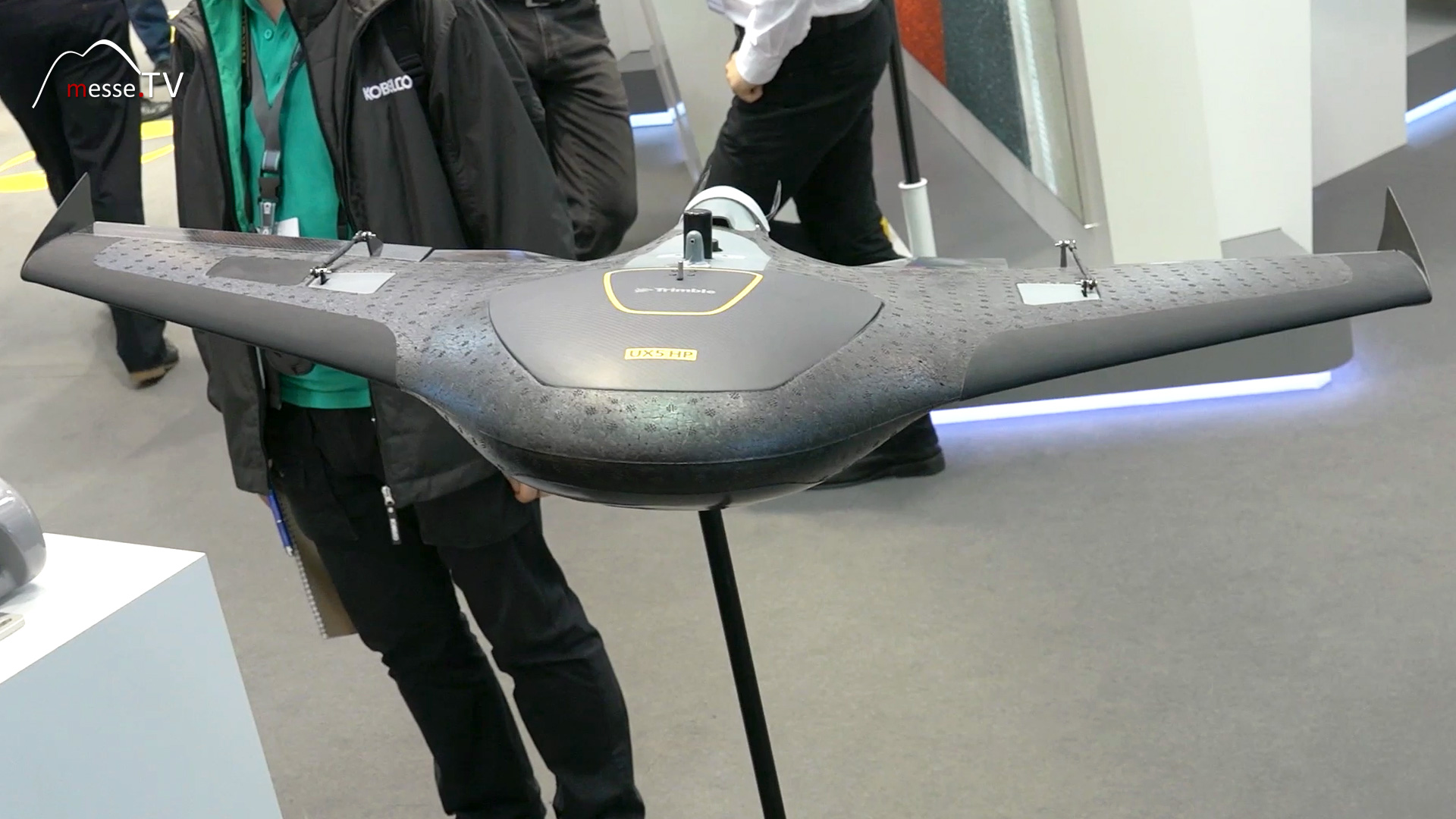
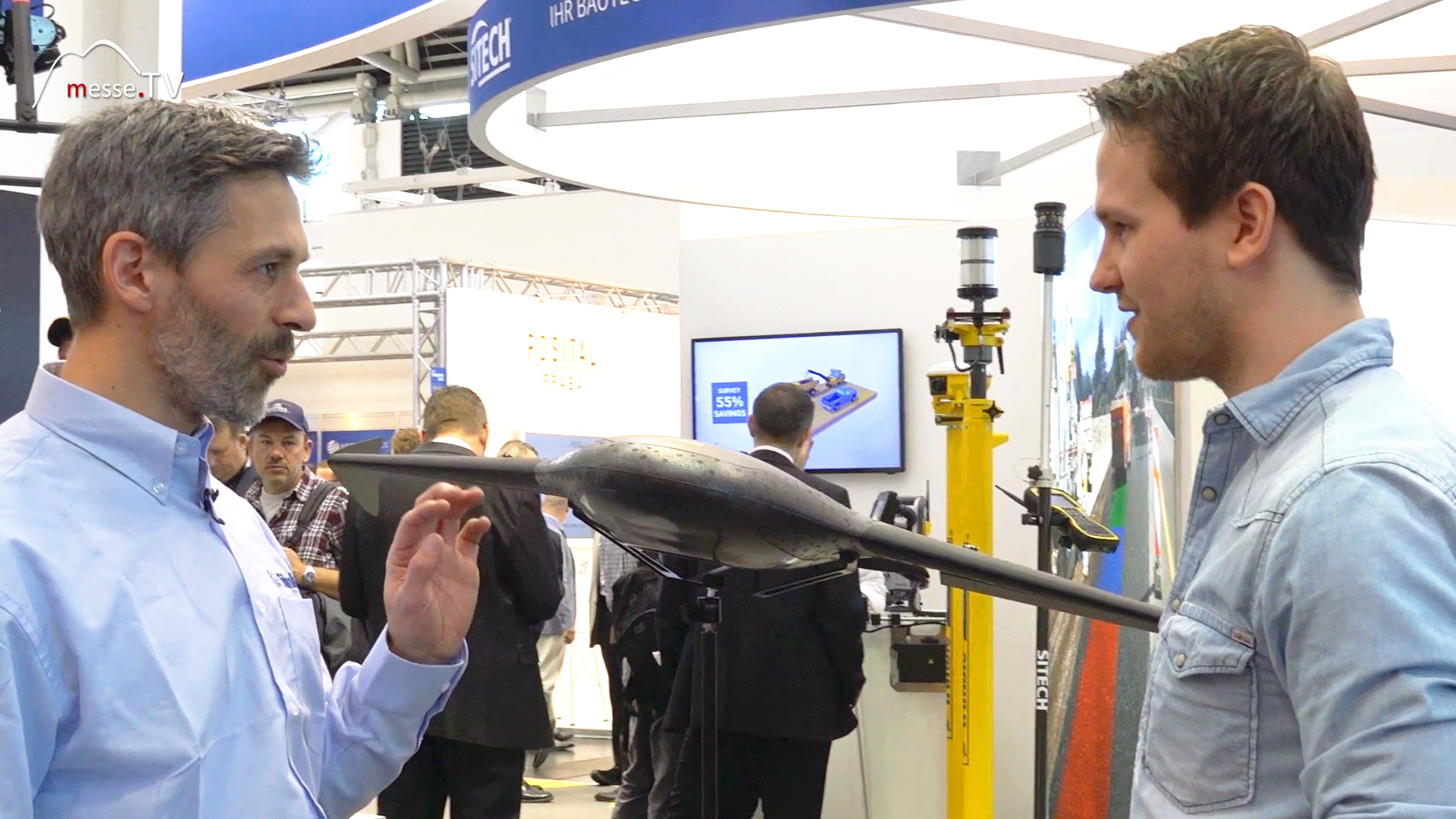
Felix Rother: That means you fly over it and take photos. Tilo Schnur: Basically yes, but it's a bit more than the consumer photos you can take with normal cameras. With this system, the camera sits in the aircraft and looks down, out of this filter window, and is fully connected to the GPS sensors. These aircraft have a high-precision GPS on board, so they are constantly connected to several satellites and therefore know their absolute position for every photo and with position sensors they also know the position, the inclination, the roll and the pitch of the aircraft. Felix Rother: Now we have an airplane here and a copter there, what's the big difference apart from the number of rotors? Tilo Schnur: Copters that are powered solely by motors and propellers without generating aerodynamic lift and such winged machines. Due to their aerodynamic properties, one propeller is enough to keep them in the air for a very long time - up to 1 hour, whereas with a copter it is very energy-intensive and you have to work with airplanes for 20 minutes. Felix Rother: That means they probably have different areas of application. Where do I use a copter? Where do I use the airplane?
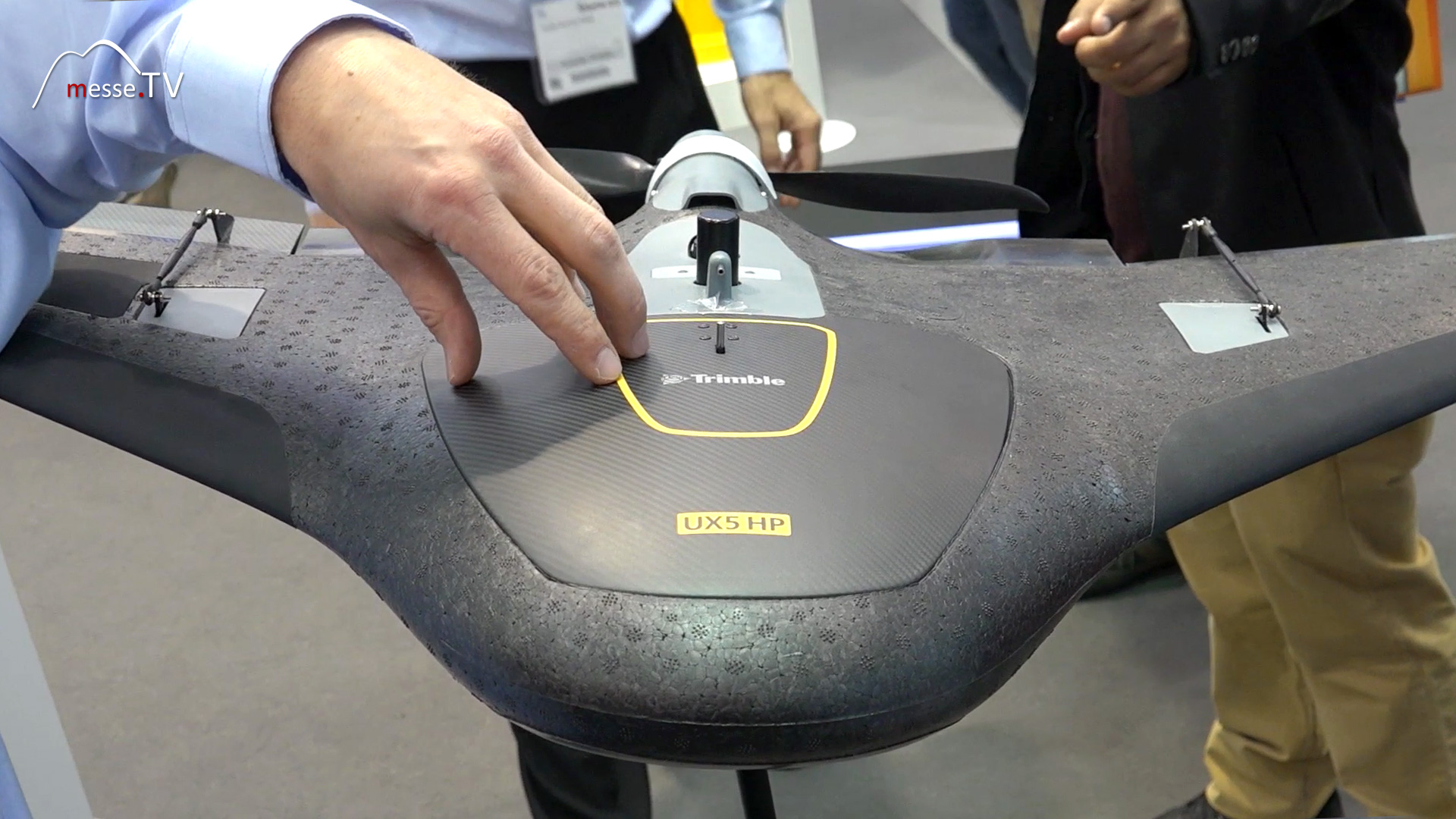
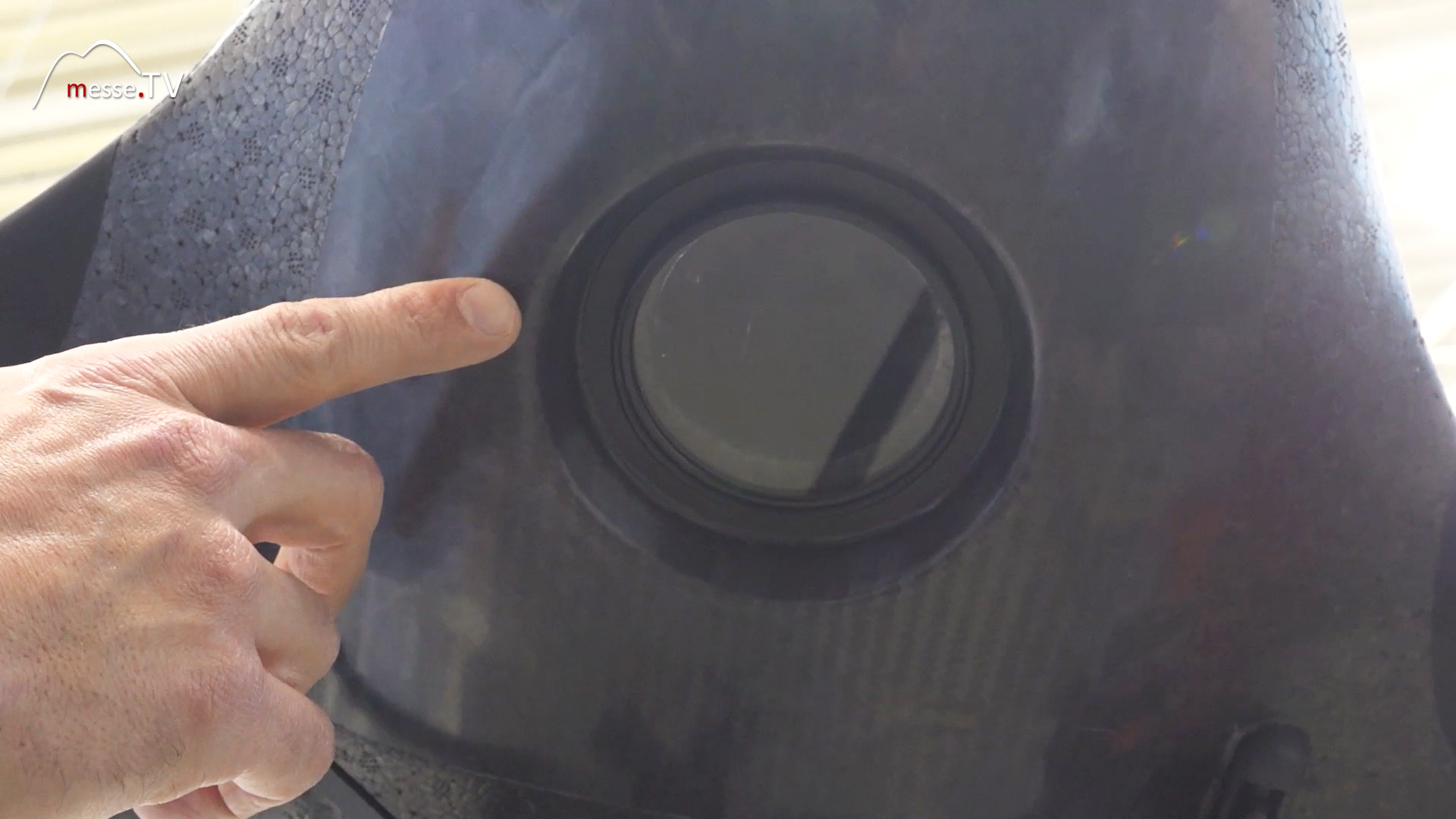
Aircraft and drones with GPS system and integrated camera
Felix Rother: Does this mean that in the end all these photos are combined into one big picture? Tilo Schnur: Exactly, together with the overlapping photos you can automatically create a large mosaic at the end. Showing a building site, for example. Felix Rother: Is this only possible as an overview image or is it also possible as a 3D structure or how does it work? Tilo Schnur: First of all, the overview image is an image of the surface of the construction site that is accurate to centimetres or even millimetres. But we also have the height information so that we have a 3D model of the entire route or area that has been flown over.
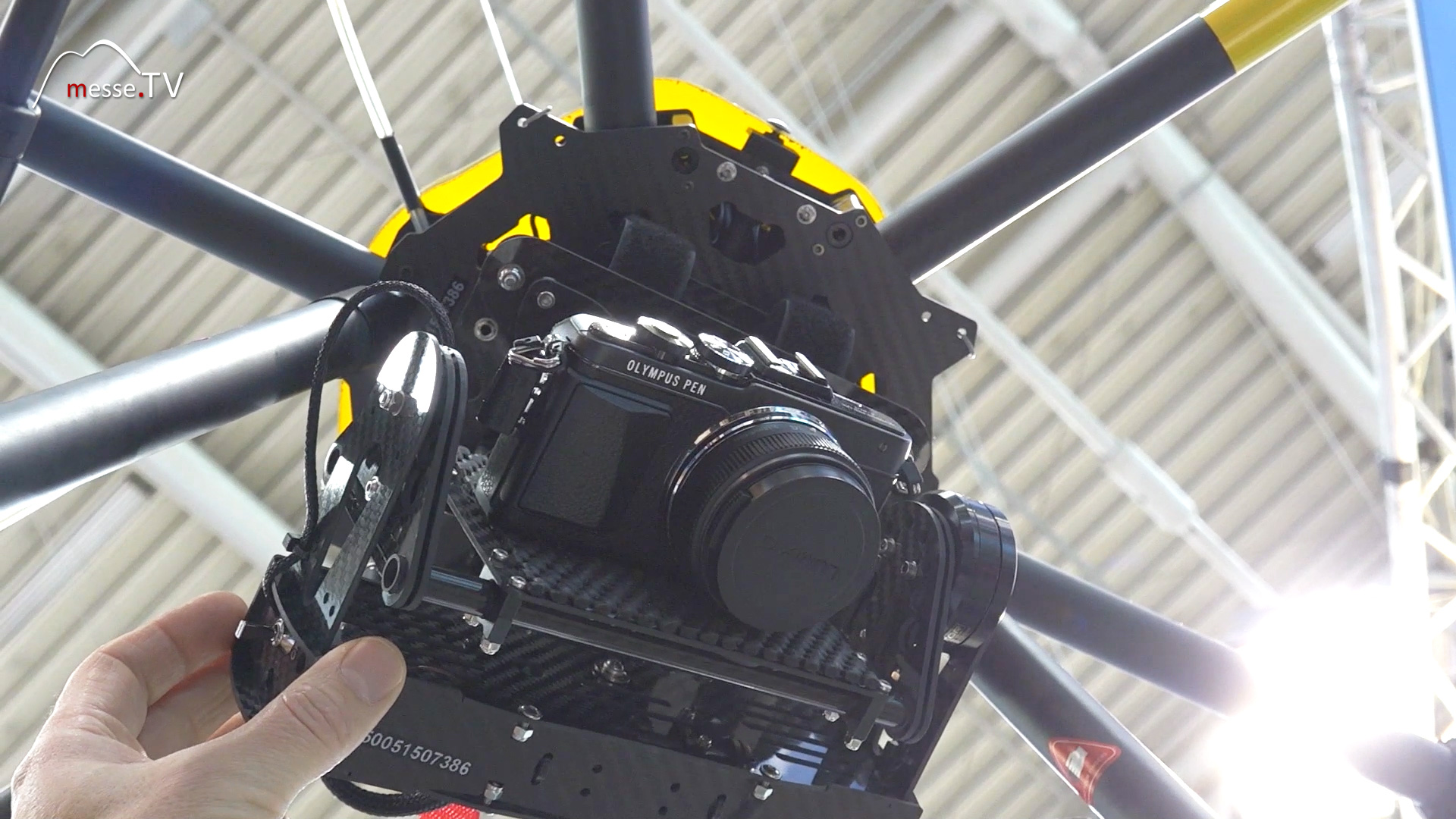
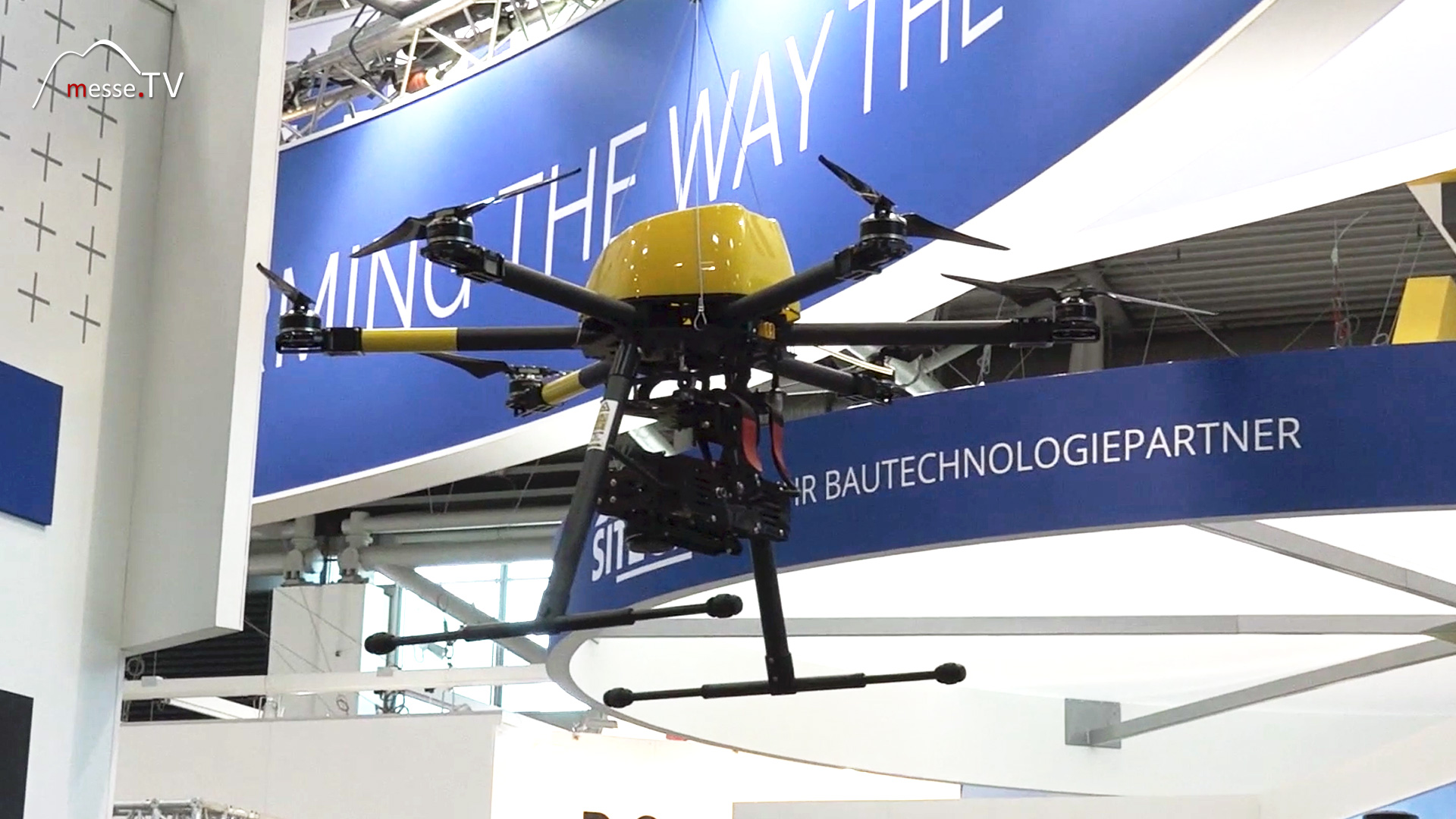
Tilo Schnur: We actually often use these longer flight times and the higher-resolution images for large areas; we can easily cover many square kilometers in one flight. While the copter systems are often used more selectively, or for smaller areas or even - the camera can also be tilted (moves and pans the copter camera) high-precision and very light gimbal, is attached under the copter and compensates for any positional movement. If the copter tilts forwards - the camera compensates for this immediately, if the copter tilts sideways, for example, this level can also react immediately. This allows us to carry out inspection flights on vertical structures. Felix Rother: With these two devices, you are actually prepared for anything, but the future always brings something new. What's next for you? Tilo Schnur: Well, both the wing systems and the copter systems are constantly evolving in terms of control precision and technology. We are also able to make the components, including position sensors, GPS and so on, even more precise so that we can ultimately deliver highly accurate results even without ground control points, i.e. without a marker on the ground. Felix Rother: That means the important thing is that it has to become more and more precise, and it probably will! Tilo Schnur: That's right, and we are constantly developing the software so that the evaluation is becoming easier and faster and can now also be carried out by non-experts. Felix Rother: Faster, simpler, more accurate sounds like a great concept to me, good luck. Tilo Schnur: Thank you very much.